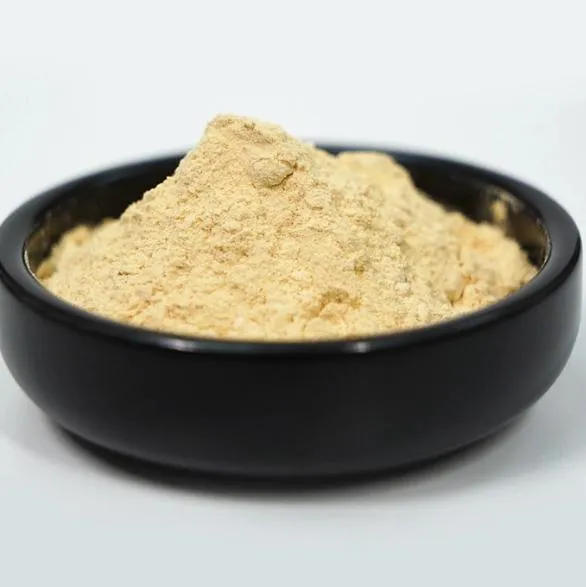Warning: Undefined array key "file" in /home/www/wwwroot/HTML/www.exportstart.com/wp-content/themes/1198/header.php on line 7
Warning: Undefined array key "title" in /home/www/wwwroot/HTML/www.exportstart.com/wp-content/themes/1198/header.php on line 7
Warning: Undefined array key "title" in /home/www/wwwroot/HTML/www.exportstart.com/wp-content/themes/1198/header.php on line 7
- Afrikaans
- Albanian
- Amharic
- Arabic
- Armenian
- Azerbaijani
- Basque
- Belarusian
- Bengali
- Bosnian
- Bulgarian
- Catalan
- Cebuano
- China
- China (Taiwan)
- Corsican
- Croatian
- Czech
- Danish
- Dutch
- English
- Esperanto
- Estonian
- Finnish
- French
- Frisian
- Galician
- Georgian
- German
- Greek
- Gujarati
- Haitian Creole
- hausa
- hawaiian
- Hebrew
- Hindi
- Miao
- Hungarian
- Icelandic
- igbo
- Indonesian
- irish
- Italian
- Japanese
- Javanese
- Kannada
- kazakh
- Khmer
- Rwandese
- Korean
- Kurdish
- Kyrgyz
- Lao
- Latin
- Latvian
- Lithuanian
- Luxembourgish
- Macedonian
- Malgashi
- Malay
- Malayalam
- Maltese
- Maori
- Marathi
- Mongolian
- Myanmar
- Nepali
- Norwegian
- Norwegian
- Occitan
- Pashto
- Persian
- Polish
- Portuguese
- Punjabi
- Romanian
- Russian
- Samoan
- Scottish Gaelic
- Serbian
- Sesotho
- Shona
- Sindhi
- Sinhala
- Slovak
- Slovenian
- Somali
- Spanish
- Sundanese
- Swahili
- Swedish
- Tagalog
- Tajik
- Tamil
- Tatar
- Telugu
- Thai
- Turkish
- Turkmen
- Ukrainian
- Urdu
- Uighur
- Uzbek
- Vietnamese
- Welsh
- Bantu
- Yiddish
- Yoruba
- Zulu
szept . 06, 2024 17:44 Back to list
Xylitol and Pregnancy
Xylitol and Pregnancy What Expecting Mothers Should Know
Xylitol is a sugar alcohol commonly used as a sugar substitute in various foods and dental products due to its sweet flavor and potential health benefits. As more pregnant women turn to alternative sweeteners to manage their sugar intake, it’s important to understand the implications of consuming xylitol during pregnancy.
What is Xylitol?
Xylitol is a naturally occurring substance found in small amounts in fruits and vegetables. It is often extracted from birch trees and used in sugar-free gum, candies, and oral care products. Unlike regular sugar, xylitol has a low glycemic index and is known to reduce the levels of decay-causing bacteria in the mouth. This makes it a popular choice for those seeking healthier alternatives to traditional sweeteners.
Safety of Xylitol During Pregnancy
The safety of xylitol for pregnant women is still a subject of ongoing research. Currently, most health authorities, including the FDA, classify xylitol as safe when consumed in moderation. Studies have not conclusively linked xylitol to any adverse effects during pregnancy; however, caution is always advised.
One of the main concerns regarding the consumption of sugar alcohols like xylitol is their laxative effect. Pregnant women often experience gastrointestinal changes, and consuming excessive xylitol could lead to discomfort, gas, or diarrhea. Therefore, it’s critical to monitor one’s intake and consult with a healthcare provider before making significant dietary changes.
xylitol and pregnancy

Benefits of Xylitol for Pregnant Women
Despite potential concerns, there are benefits to using xylitol during pregnancy. Since oral health is particularly vital during this time—hormonal changes can affect gum health—xylitol can be beneficial in reducing the risk of cavities and gum disease. Pregnant women are about 50% more likely to develop gum disease, which has been linked to premature birth and low birth weight. Incorporating xylitol into oral care routines, like choosing xylitol-sweetened toothpaste or chewing gum, may help mitigate these risks.
Moreover, xylitol does not raise blood sugar levels, making it a safer option for managing gestational diabetes, a condition some women develop during pregnancy. It can aid in satisfying sweet cravings without the spike in blood sugar that comes from traditional sugars.
Alternatives to Xylitol
If you’re concerned about using xylitol during pregnancy, there are several alternative sweeteners. Stevia, honey, and agave nectar can be good substitutes, but it’s crucial to use them in moderation and ensure they are safe for pregnancy. Always read labels carefully, as many products may contain additives that aren’t safe for expectant mothers.
Conclusion
In summary, xylitol can be safely consumed in moderation during pregnancy, offering several benefits, particularly for oral health and blood sugar management. However, as with any dietary change, it’s essential for expectant mothers to consult with their healthcare provider. Each pregnancy is unique, and personalized advice can help ensure both the mother and baby remain healthy throughout this crucial time.
Latest news
-
O-Vanillin: A rising star in the flavors and fragrances industry
NewsMay.23,2025
-
2025 Brazil Sao Paulo Cosmetics Exhibition
NewsMay.20,2025
-
2025 European Fine Chemicals Exhibition in Germany
NewsMay.13,2025
-
2025 New York Cosmetics Ingredients Exhibition
NewsMay.07,2025
-
Zibo will host the 2025 International Chemical Expo
NewsApr.27,2025
-
2025 Yokohama Cosmetics Raw Materials and Technology Exhibition
NewsApr.22,2025

